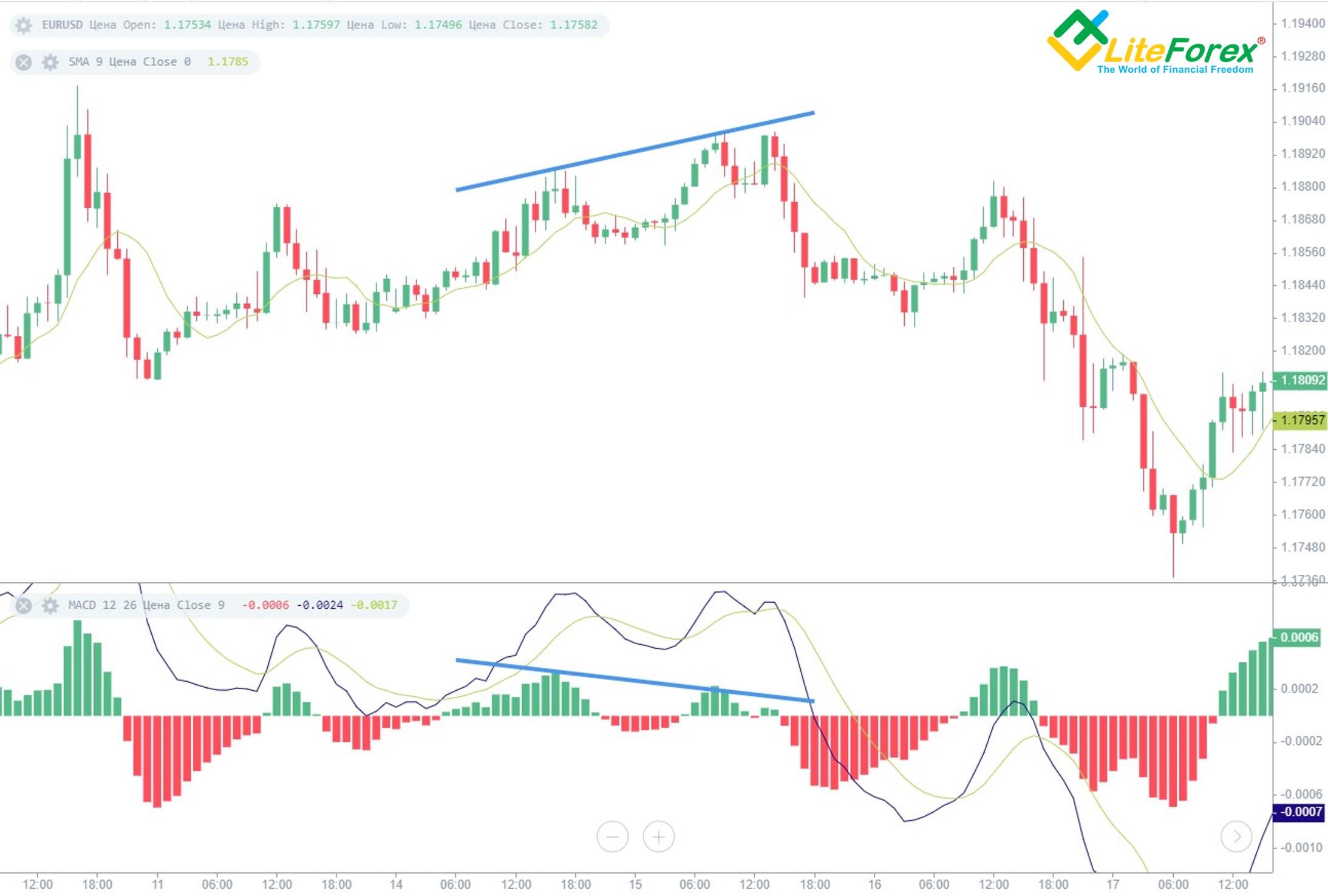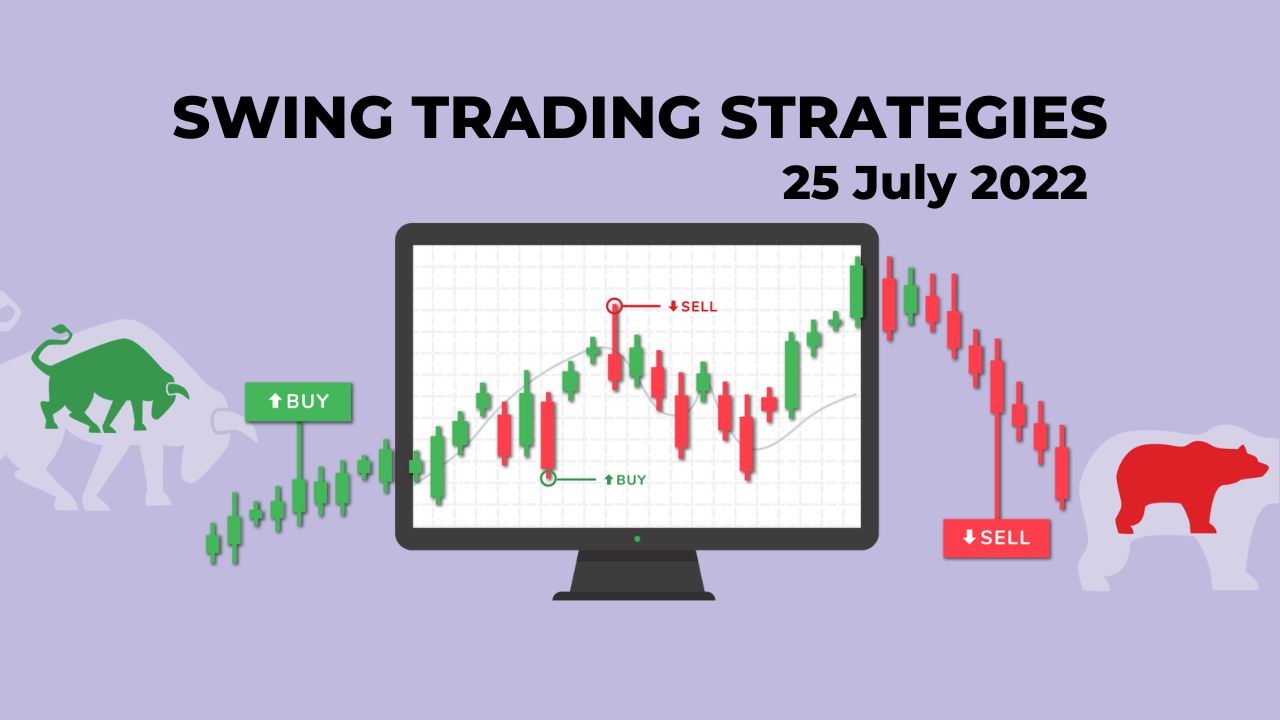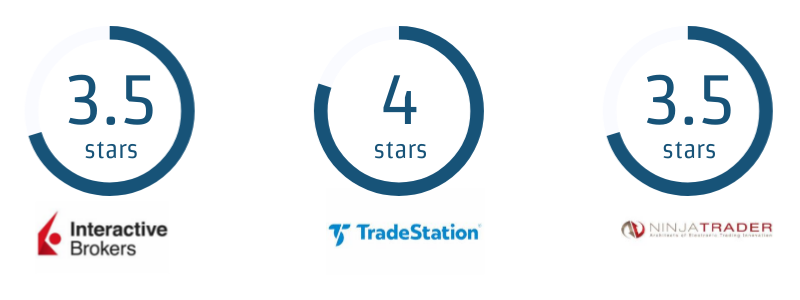
Understanding forex liquidity is essential, regardless of whether you are a novice trader or an expert trader. To make sure that you don't waste your time or money, it's crucial to understand what forex markets do. Your choice of currency pair will also affect the liquidity. It is important to understand if your broker can provide you with the best liquidity.
The Forex market's liquidity is determined by the number of currency pairs that are traded during any one session. It is also important to take into account the time of day when you are trading. Because some markets are smaller than others, this is critical. The volume indicator on a trading platform can also give traders a good indication of the market's flow.
A high volume trading on the forex market is usually an indicator of liquidity. Liquidity also has an impact on order execution, spreads, bid-offer spreads, as well. This is especially true of the larger currency pairs. If your broker doesn’t have sufficient liquidity for your order, you’ll likely get a quote re-quoted or a price gap.

There are two types principally of forex liquidity. High liquidity refers to the most liquid currency pairs, such as the EUR/USD. Low liquidity refers currency pairs that are less liquid, such as GBP/JPY. Low liquidity in Forex can cause price gaps during market-moving events such as announcements by central banks.
Forex market is 24 hour market. There are periods with high liquidity and periods with low liquidity. Lower trading hours mean fewer participants in Forex markets. This is especially true of exotic currency pairs.
High liquidity markets are easier to trade because there is less time between orders being executed. This makes Forex market an ideal place to trade, especially for beginners. The Forex market liquidity does not mean that there is real liquidity. Leverage, which can increase the risk of your trades, is also something to be aware of. However, leverage can be a powerful way to increase your trading profits. But it can also prove risky if not properly used.
There are two main types of liquidity indicators you can use: tick volume indicators and volume bars. Tick volume indicators are useful because they can be applied to any price feed. These indicators can give you an indication of the liquidity of a currency pair, but they are less useful if your broker uses a smaller platform.

The best indicator of Forex market liquidity is the volume bar. It gives you an indication of how much volume was traded within a given time period. It's a good idea for beginners to trade with the most liquid currency pairs. This will increase your chances of achieving a reward to risk ratio.
There are also a few indicators that the Forex market has, including the Force Index. The Force Index gives an indirect view into Forex liquidity. It is not as precise than the tick volume indicator, however it can still be a good indicator how fluid the market has been.
FAQ
Who can trade on the stock market?
The answer is everyone. All people are not equal in this universe. Some have better skills and knowledge than others. They should be rewarded.
Other factors also play a role in whether or not someone is successful at trading stocks. If you don’t have the ability to read financial reports, it will be difficult to make decisions.
So you need to learn how to read these reports. Understanding the significance of each number is essential. You should be able understand and interpret each number correctly.
This will allow you to identify trends and patterns in data. This will help to determine when you should buy or sell shares.
You might even make some money if you are fortunate enough.
What is the working of the stock market?
When you buy a share of stock, you are buying ownership rights to part of the company. A shareholder has certain rights. He/she can vote on major policies and resolutions. The company can be sued for damages. And he/she can sue the company for breach of contract.
A company can't issue more shares than the total assets and liabilities it has. This is called "capital adequacy."
A company that has a high capital ratio is considered safe. Companies with low ratios are risky investments.
How do I choose a good investment company?
A good investment manager will offer competitive fees, top-quality management and a diverse portfolio. The type of security that is held in your account usually determines the fee. Some companies have no charges for holding cash. Others charge a flat fee each year, regardless how much you deposit. Others may charge a percentage or your entire assets.
You also need to know their performance history. Companies with poor performance records might not be right for you. Avoid low net asset value and volatile NAV companies.
Finally, you need to check their investment philosophy. A company that invests in high-return investments should be open to taking risks. If they are unwilling to do so, then they may not be able to meet your expectations.
How do I invest on the stock market
You can buy or sell securities through brokers. A broker can sell or buy securities for you. When you trade securities, brokerage commissions are paid.
Banks typically charge higher fees for brokers. Banks offer better rates than brokers because they don’t make any money from selling securities.
If you want to invest in stocks, you must open an account with a bank or broker.
Brokers will let you know how much it costs for you to sell or buy securities. This fee is based upon the size of each transaction.
You should ask your broker about:
-
To trade, you must first deposit a minimum amount
-
If you close your position prior to expiration, are there additional charges?
-
What happens if you lose more that $5,000 in a single day?
-
how many days can you hold positions without paying taxes
-
whether you can borrow against your portfolio
-
Transfer funds between accounts
-
how long it takes to settle transactions
-
The best way to sell or buy securities
-
How to Avoid Fraud
-
how to get help if you need it
-
Can you stop trading at any point?
-
What trades must you report to the government
-
How often you will need to file reports at the SEC
-
What records are required for transactions
-
If you need to register with SEC
-
What is registration?
-
How does it impact me?
-
Who should be registered?
-
When do I need to register?
What's the difference among marketable and unmarketable securities, exactly?
The main differences are that non-marketable securities have less liquidity, lower trading volumes, and higher transaction costs. Marketable securities are traded on exchanges, and have higher liquidity and trading volumes. These securities offer better price discovery as they can be traded at all times. But, this is not the only exception. Some mutual funds, for example, are restricted to institutional investors only and cannot trade on the public markets.
Non-marketable security tend to be more risky then marketable. They usually have lower yields and require larger initial capital deposits. Marketable securities are generally safer and easier to deal with than non-marketable ones.
A large corporation may have a better chance of repaying a bond than one issued to a small company. The reason is that the former will likely have a strong financial position, while the latter may not.
Investment companies prefer to hold marketable securities because they can earn higher portfolio returns.
What is the difference between stock market and securities market?
The securities market is the whole group of companies that are listed on any exchange for trading shares. This includes stocks as well options, futures and other financial instruments. Stock markets are typically divided into primary and secondary categories. The NYSE (New York Stock Exchange), and NASDAQ (National Association of Securities Dealers Automated Quotations) are examples of large stock markets. Secondary stock exchanges are smaller ones where investors can trade privately. These include OTC Bulletin Board Over-the-Counter (Pink Sheets) and Nasdaq ShortCap Market.
Stock markets are important as they allow people to trade shares of businesses and buy or sell them. It is the share price that determines their value. Public companies issue new shares. Dividends are paid to investors who buy these shares. Dividends can be described as payments made by corporations to shareholders.
In addition to providing a place for buyers and sellers, stock markets also serve as a tool for corporate governance. Shareholders elect boards of directors that oversee management. Managers are expected to follow ethical business practices by boards. The government can replace a board that fails to fulfill this role if it is not performing.
Are bonds tradeable
They are, indeed! As shares, bonds can also be traded on exchanges. They have been for many years now.
The difference between them is the fact that you cannot buy a bonds directly from the issuer. They must be purchased through a broker.
Because there are fewer intermediaries involved, it makes buying bonds much simpler. This also means that if you want to sell a bond, you must find someone willing to buy it from you.
There are different types of bonds available. While some bonds pay interest at regular intervals, others do not.
Some pay interest quarterly while others pay an annual rate. These differences make it easy compare bonds.
Bonds can be very helpful when you are looking to invest your money. If you put PS10,000 into a savings account, you'd earn 0.75% per year. If you were to invest the same amount in a 10-year Government Bond, you would get 12.5% interest every year.
If all of these investments were accumulated into a portfolio then the total return over ten year would be higher with the bond investment.
What is the purpose of the Securities and Exchange Commission
The SEC regulates securities exchanges, broker-dealers, investment companies, and other entities involved in the distribution of securities. It also enforces federal securities law.
Statistics
- For instance, an individual or entity that owns 100,000 shares of a company with one million outstanding shares would have a 10% ownership stake. (investopedia.com)
- Ratchet down that 10% if you don't yet have a healthy emergency fund and 10% to 15% of your income funneled into a retirement savings account. (nerdwallet.com)
- "If all of your money's in one stock, you could potentially lose 50% of it overnight," Moore says. (nerdwallet.com)
- The S&P 500 has grown about 10.5% per year since its establishment in the 1920s. (investopedia.com)
External Links
How To
How to create a trading plan
A trading plan helps you manage your money effectively. It helps you identify your financial goals and how much you have.
Before you begin a trading account, you need to think about your goals. You might want to save money, earn income, or spend less. If you're saving money, you might decide to invest in shares or bonds. If you earn interest, you can put it in a savings account or get a house. Perhaps you would like to travel or buy something nicer if you have less money.
Once you decide what you want to do, you'll need a starting point. It depends on where you live, and whether or not you have debts. It is also important to calculate how much you earn each week (or month). Income is what you get after taxes.
Next, save enough money for your expenses. These include rent, bills, food, travel expenses, and everything else that you might need to pay. Your monthly spending includes all these items.
You will need to calculate how much money you have left at the end each month. This is your net disposable income.
Now you've got everything you need to work out how to use your money most efficiently.
Download one from the internet and you can get started with a simple trading plan. You could also ask someone who is familiar with investing to guide you in building one.
Here's an example: This simple spreadsheet can be opened in Microsoft Excel.
This will show all of your income and expenses so far. You will notice that this includes your current balance in the bank and your investment portfolio.
And here's a second example. A financial planner has designed this one.
This calculator will show you how to determine the risk you are willing to take.
Remember, you can't predict the future. Instead, think about how you can make your money work for you today.